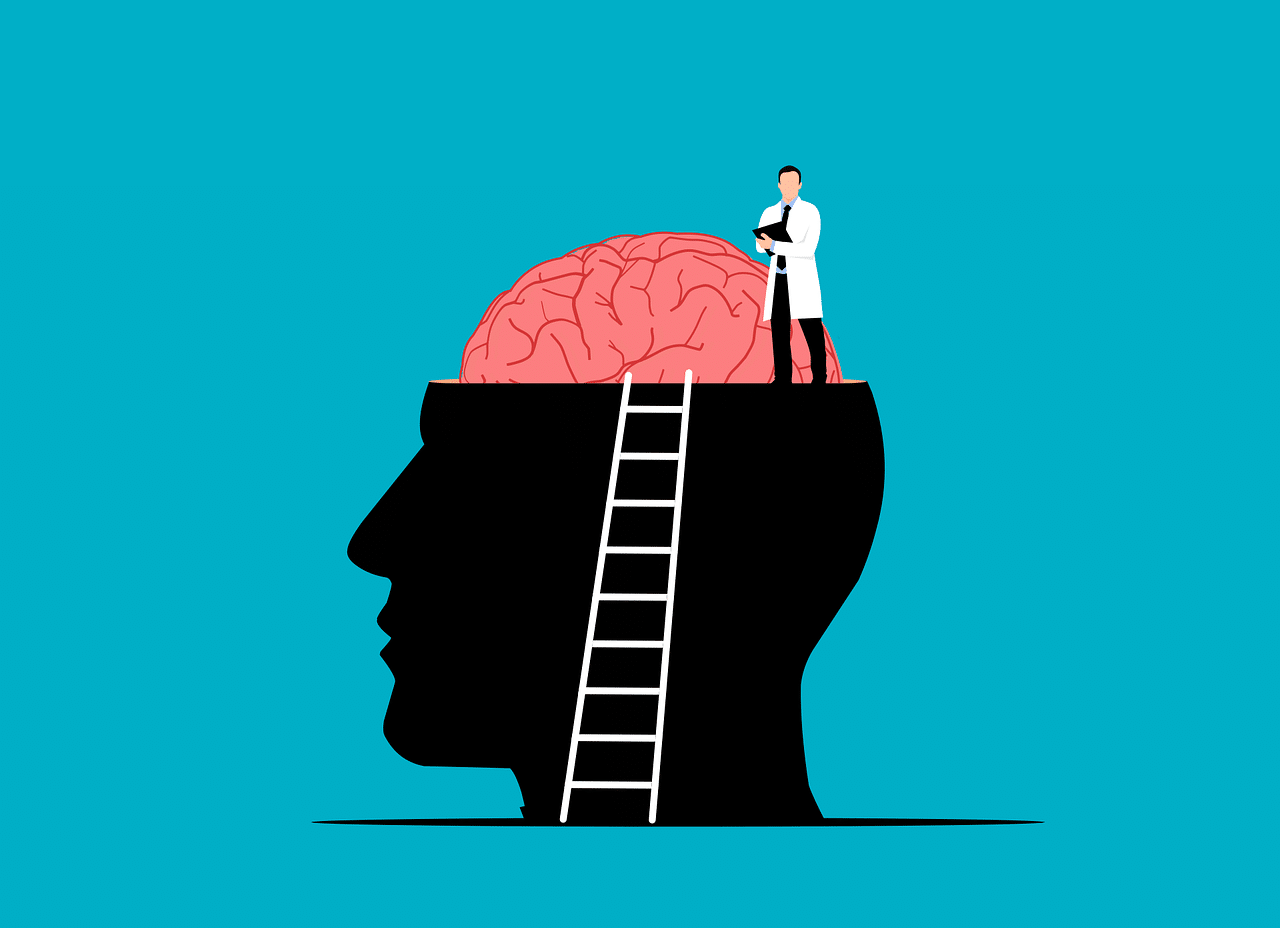
Amnesia can be approached from neuropsychology or neurology in general.
Amnesia is a disorder that appears when someone has lost or weakened memory . The person who suffers from this problem is not able to store or retrieve information received in advance, whether for organic or functional reasons.
Before moving forward with the definition of this concept, we must define the notion of memory . Memory is the ability of our central nervous system to apprehend, organize and fix events from our past, which is closely linked to the function of attention. It is capable of saving data through ultra-complex mechanisms that take place in three stages: encoding, storage and recall . The presence of amnesia prevents this ability from developing properly.
Types of amnesia
Organic amnesia involves some type of injury to the brain area, which can be caused by illness , trauma , or the abuse of certain drugs. Functional amnesia , on the other hand, appears due to psychological factors, as a defense mechanism (for example, hysterical amnesia linked to post-traumatic stress disorder).
There are also cases of spontaneous amnesia , such as transient global amnesia ( TGA ). This disorder is more common in older men and usually lasts less than twenty hours.
Etiological classification
According to its etiological classification, amnesia can be traumatic (caused by damage to the head and usually temporary), dissociative (associated with a long-term repressed memory), lacunar (originated by a specific event), infantile ( the inability to remember childhood events), global (the total loss of memory), psychogenic (due to psychological causes) or source (it is possible to remember certain information but not where it was obtained). There is also post-hypnotic amnesia , when events are forgotten during hypnosis .
There is also talk of Korsakoff Syndrome (a type of amnesia caused by alcoholism), the fugue state (also defined as dissociative fugue , it appears due to psychological trauma and is usually temporary) and the memory distrust syndrome (where the person is unable to trust his own memory).
As can be seen, amnesia can affect both long-term memory and short-term memory.

The inability of adults to remember their first years of life is known as infantile amnesia.
Causes of amnesia
The main causes of amnesia are aging , cranial injuries, Alzheimer's disease, excessive ingestion of alcohol, drugs, untreated epilepsy, vitamin deficiency, malnutrition, hypo- or hyperthyroidism , and drug abuse. high doses of steroids.
Its appearance usually occurs after the age of 30 through episodes of a blank mind or repetition of automatic acts (due to stress, anxiety, anguish and depression). Since the 60s, forgetting disorders that are associated with age have emerged (what is known as benign senile forgetfulness ), such as slight memory alterations and difficulty learning and retaining names, among other things.
To know if a person suffers from amnesia, it is enough to analyze their symptoms, associated with the inability to remember events that occurred recently, a few days ago or even in distant times such as childhood or adolescence. The first thing specialists do when they encounter a patient suffering from amnesia is to perform tests to find out if there is any type of condition in the brain and if the person has previously consumed alcoholic beverages or medications such as anxiolytics. A memory test, in this framework, helps with diagnosis.

It is not common for medication to be given for the treatment of amnesia.
Scientific studies
The immense network of circuits that the nervous system has is so complex that in many aspects it remains an area of absolute mystery for scientists. It is known, however, that any damage caused to said network can alter its normal functioning forever. This happens with Alzheimer's disease : many people suffer from it and for years research has been carried out and a way to cure it or reduce its consequences has been sought; However, it continues to be unknown territory and full of uncertainty for specialists.
According to Dr. Joaquín Fuster in Psychiatry , who conducted a study on the mechanisms of memory and disorders in its functioning, the formation of protein plaques in the brain interferes with interneuronal communication , which leads to neurodegeneration that blocks transmission. of impulses and causes the loss of recent memory. Fuster added that this type of disorder develops due to a genetic predisposition, so progress in research on the human genome (which makes it possible to identify genes involved in the development of certain diseases) could help prevent future disorders such as amnesia . Alzheimer 's and Parkinson's disappear forever.
In the case of amnesia due to psychological causes, they are called dissociative disorders . They consist of a psychological mechanism through which memories are inhibited from knowledge if they are linked to very stressful experiences, such as accidents or psychological traumas experienced during childhood.
It must be considered that there are several amnesias of this type, such as dissociative amnesia (localized when events from a certain period cannot be remembered; generalized if nothing of what happened in life is remembered; continuous when suffering from the inability to remember previous events or after a precise stage; and systematized if there is memory loss in certain aspects of the information), dissociative flight (due to confusion about identity , the patient flees his or her home or workplace without being aware that he is doing it; later he is not able to remember what he did in that state) and dissociative identity disorder (individuals who alternate two or more identities due to episodes of amnesia; its causes are unacceptable stress, abnormal development before consolidate a vision of self and others and a lack of protection in childhood), among others.
Finally, it should be noted that amnesia is a topic widely discussed in works of fiction, such as in the film "Memento" .
